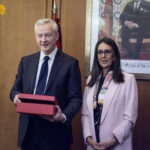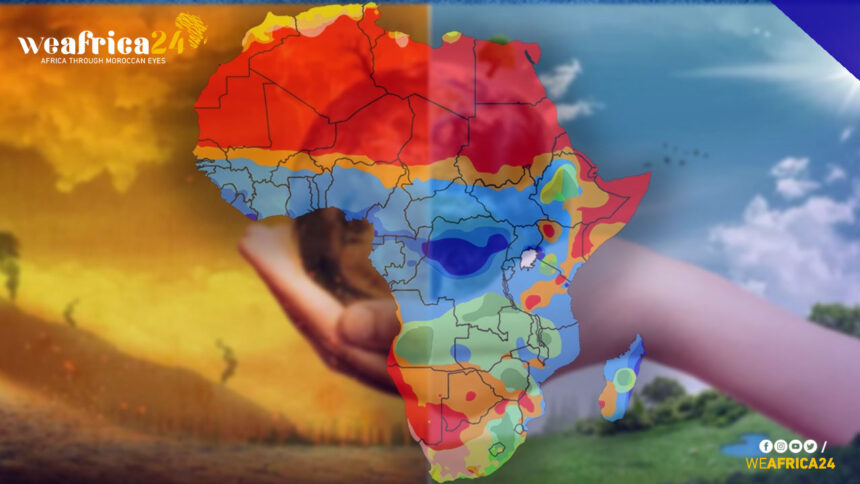African countries play a crucial role in the global fight against climate change, despite being among the least responsible for its cause. Climate change affects Africa disproportionately, as the continent is vulnerable to its impacts such as droughts, floods, and rising temperatures.
Commitment of the African Nations to developing renewable energy
The countries have been at the forefront of efforts to address climate change through their commitment to renewable energy and sustainable development. For example, many African countries are investing in large-scale renewable energy projects, such as solar and wind power, to reduce their dependence on fossil fuels and reduce greenhouse gas emissions. Additionally, many African countries are implementing sustainable land use practices, such as agroforestry and conservation agriculture, to sequester carbon and improve soil health.
They are also working together to address climate change through regional initiatives such as the African Renewable Energy Initiative and the African Forest Landscape Restoration Initiative. These initiatives aim to mobilize resources and support renewable energy and sustainable land use practices across the continent.
The challenges African countries struggle against
However, African countries face significant challenges in their efforts to address climate change, including limited access to financial and technical resources, inadequate infrastructure, and a lack of political will at the national and international levels. To effectively address these challenges, African countries will need increased support from the international community, including financial assistance, technical expertise, and investment in sustainable development.
Marrakech hosting COP22
In November 2016, Marrakech hosted the COP22, also known as the 22nd Conference of Parties of the United Nations Framework Convention on Climate Change (UNFCCC), as a continuation of the historic Paris Agreement. This last one, called for countries to limit global warming to well below 2 degrees Celsius above preindustrial levels.
During COP22, countries collaborated to implement the Paris Agreement. This involved developing guidelines for transparency, accounting, and reporting on countries’ climate actions. The conference also addressed issues related to adaptation, finance, and technology transfer to support developing countries in their efforts to combat climate change.
The conference succeeded in continuing the momentum of the Paris Agreement and demonstrating a global commitment to fighting climate change.
Conclusion
In conclusion, African countries have an important role to play in the global fight against climate change, yet they are the least responsible for it and their efforts should be supported financially, strategically, and recognized by the so-called first world community.







